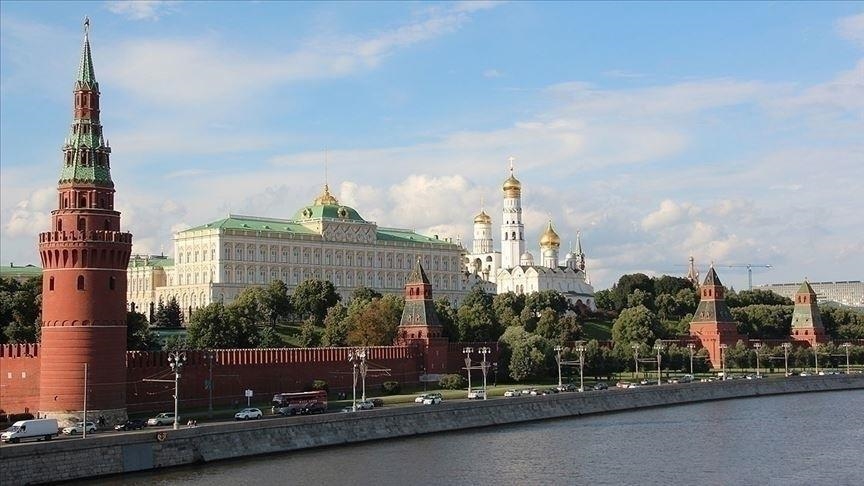ISTANBUL
Despite its discomfort with NATO expansion, Russia’s actions have served to encourage the enlargement of the alliance, according to an expert.
“Russia is uncomfortable with the (NATO) enlargement but at the same time is provoking the enlargement. The interest of Finland and Sweden, it’s mostly driven by what they have seen from Russia in Ukraine,” Nicola Pedde told Anadolu.
“And the traditional independence of these two countries in Northern Europe has been radically changed exactly because of the Russian attitude and posture toward Ukraine,” said Pedde, who is the director of the Institute for Global Studies (IGS) based in Rome and Brussels.
“So in a certain sense, it’s nonsense — the Russian fear and the Russian perception of this enlargement — because it’s provoked by Russia itself. And this is the consequence of what they’ve done invading Ukraine.”
On whether Ukrainian President Volodymyr Zelenskyy’s attendance at an upcoming NATO summit in Lithuania could yield benefits for Kyiv, such as prospects to join NATO itself, Pedde said: the summit would “be certainly successful for Zelenskyy.”
“But, I don’t think that there will be significant changes in the posture of NATO and in this conflict,” he added.
Lithuania will host the summit in its capital Vilnius on July 11-12.
Pedde also underlined that NATO was not part of the Russia-Ukraine war and would not be part of it, adding that it supports the defense of Ukraine and military efforts of the Ukrainian government.
Türkiye ‘extremely important’ for NATO
Turning to Türkiye, Pedde said the country’s contribution to NATO is “extremely important” and growing while at the same time becoming more significant in the alliance in terms of military industrial production.
Ankara is “proving to be driven by a very long-term vision of their interests,” he said.
Pedde, who is from Italy, said that “from an Italian perspective, I can say that they have demonstrated this, for example, in many of the areas where we share interests,” pointing to North Africa and Libya in particular, as well as the Horn of Africa region.
Finland officially became NATO’s 31st member on April 4, abandoning its decades-long military non-alignment policy in the wake of the Russia-Ukraine war that began in February last year.
Sweden is also seeking membership in the alliance, with its application pending.
Türkiye, a NATO member for over 70 years, asked the two Nordic countries to take concrete action against terrorist groups like the PKK and the Fetullah Terrorist Organization (FETO) in order for them to join the alliance.
Ankara ratified Finland’s membership in March, saying that it had done what was necessary for membership, while Sweden still has work to do.
The length of NATO’s border with Russia nearly doubled with Finland’s accession.

